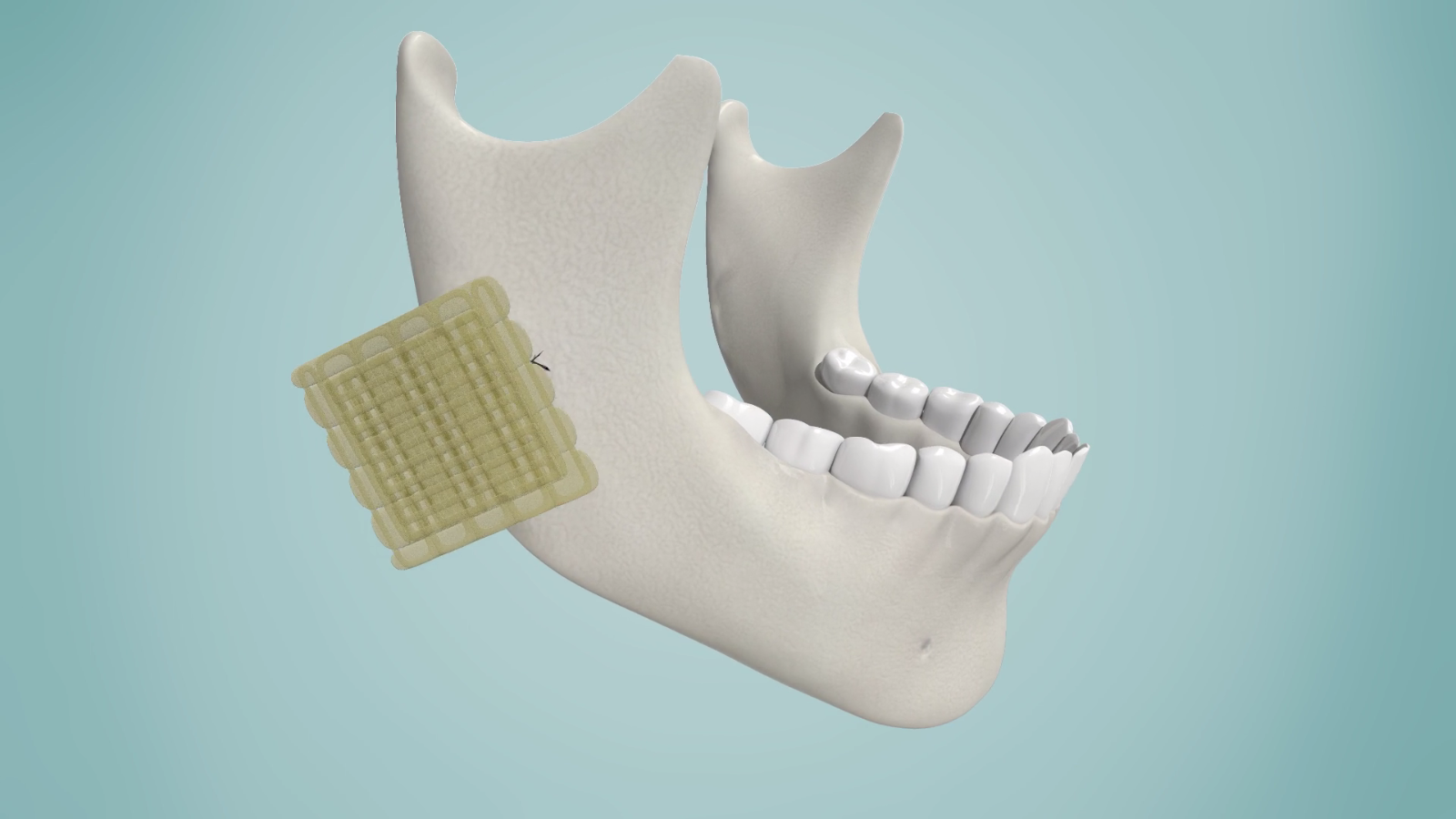New resorbable bioceramic materials for bone fractures might soon enter the market
RESTORATION, an European research project, has developed new resorbable bioceramic materials that can be used in three different cases: the mandible, the vertebrae and the knees. Thanks to the excellent project results, these products might be available on the market within a few years.
Barcelona, 22nd March 2016
The European research project RESTORATION developed new resorbable ceramic biocomposites for orthopaedic and maxillofacial applications. These products can mimic the structure of bones and can be designed to closely match the mechanical requirements of the implant sites. In addition, some of the bioceramics are bioactive, which means they can be fully absorbed by the body.
The project is now coming to an end but some partners will exploit the project results and bring these new technologies to the market in the coming years. Depending on further progress, JRI Orthopaedics might create a spin-off for the industrial scale-up of products developed within the project. This is the case for a bioceramic material to be used as a bone filler, and a 3D printed plug to treat osteochondral defects. In parallel, Sagetis Biotech developed a polymer paste and Bionica Tech/COREP an osteoinductive composite cement called Spine-Ghost, both to be injected into broken vertebrae. Other technologies are in an earlier development stage and further research needs to be done to reach commercialisation. This is the case for a novel plate design for maxillofacial fracture fixation, and for an injectable material for osteochondral repair.
Kenny Dalgarno, Professor at Newcastle University and project coordinator says: â€The project has been a real success; all the partners have different interests in terms of exploitation but they benefited from the expertise of the others and developed strong research and business partnerships.â€
Background
The project involves over a 4-year period following organisations: Newcastle University (project coordinator), JRI Orthopaedics, Sagetis Biotech, Universidade de Évora, Orla Protein Technologies, LEITAT, Karolinska Institutet, Bionica Tech/Corep, Institut Quimic de Sarria , Glass Technology Services, and FPO.
Watch the project video https://vimeo.com/157420641
###
This project has received funding from the European Union’s Seventh Programme for research, technological development and demonstration under grant agreement No 280575.
Press contact
Max Viallon
[email protected]
+34 93 788 23 00
Disclaimer
This publication reflects only the author’s views and that the European Union is not liable for any use that may be made of the information contained therein.

